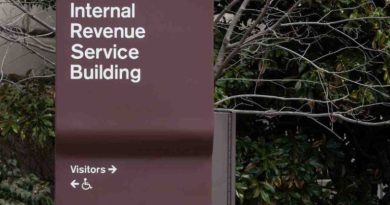For seniors grappling with the daunting expenses of healthcare and long-term care, seeking viable financial solutions becomes a paramount concern.
Two potential options that can serve as lifelines are reverse mortgages and Medicaid. While these programs might appear disparate at first glance, they have the potential to harmonize, creating a financial cushion for seniors in need.
A reverse mortgage is a financial product accessible to homeowners aged 62 and above, enabling them to tap into their home equity and receive payments from the lender instead of making monthly mortgage payments.
In contrast, Medicaid is a government program that extends health insurance and long-term care coverage to low-income individuals and families, including seniors.
One primary advantage of a reverse mortgage is its capacity to furnish seniors with an income source sans the necessity of selling their home or making mortgage payments. This proves particularly beneficial for seniors requiring additional funds to cover healthcare expenses or other financial needs.
However, it’s imperative to acknowledge that reverse mortgages do come with downsides, including substantial fees, interest rates, and the potential to erode the homeowner’s equity in their residence.
Medicaid, in turn, can supply critical financial assistance to seniors requiring extended care. Yet, Medicaid eligibility hinges on income and asset thresholds, with a senior’s home equity being counted as an asset during the assessment.
This can pose a challenge for seniors with substantial home equity when it comes to qualifying for Medicaid benefits.
Fortunately, strategic approaches exist to navigate this issue. For instance, seniors might consider employing a reverse mortgage to convert a portion of their home equity into income, thus reducing their overall assets and potentially qualifying for Medicaid.
Alternatively, the creation of a trust can hold the proceeds from the reverse mortgage, enabling seniors to receive necessary income without impacting their Medicaid eligibility.
However, a word of caution is warranted. While reverse mortgages and Medicaid can harmonize to offer financial support, these avenues must be tread with care. Reverse mortgages come with notable costs, and seniors engaging in this option might find themselves with less home equity than initially anticipated.
Moreover, Medicaid regulations are intricate, underscoring the need to collaborate with knowledgeable professionals who can chart the right strategies to safeguard assets and qualify for benefits.
To sum up, the fusion of reverse mortgages and Medicaid can be a potent solution for seniors seeking extra financial backing for healthcare and long-term care expenses. Together, these programs create a safety net that empowers seniors to age gracefully in their homes while preserving their quality of life.
Nonetheless, thorough evaluation of the pros and cons of each program is crucial, accompanied by guidance from experts who can offer tailored advice in accordance with individual circumstances.




